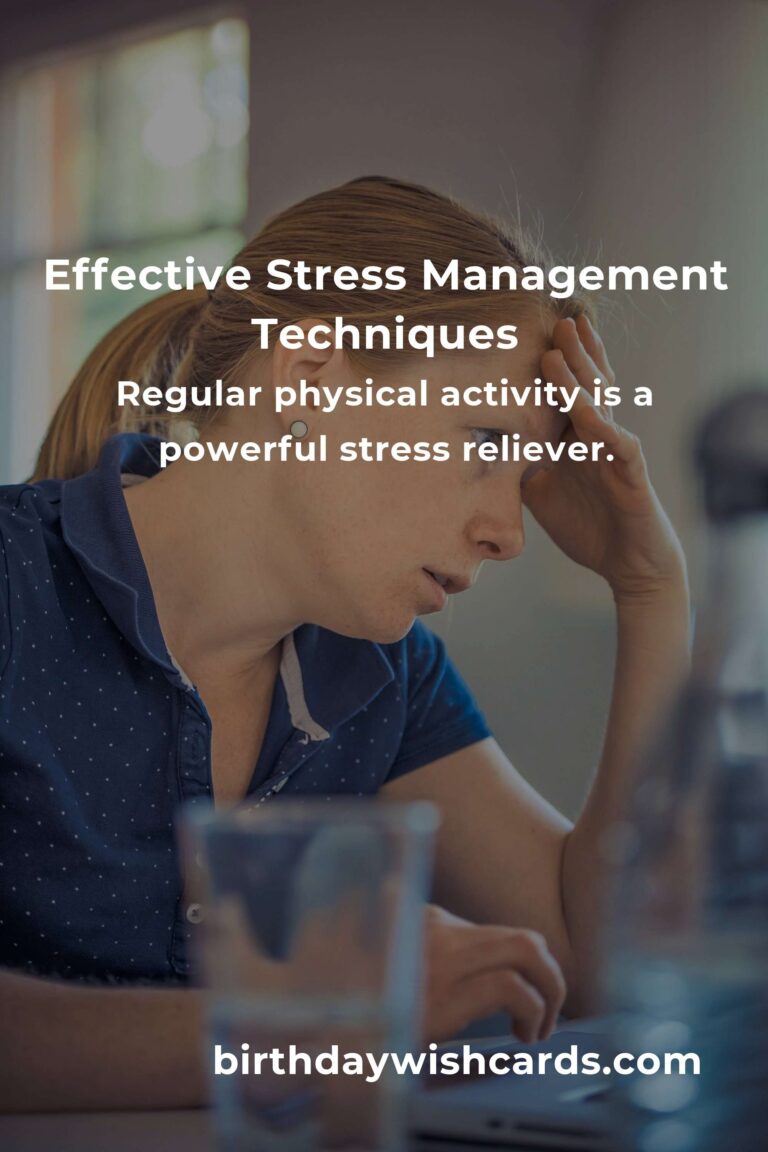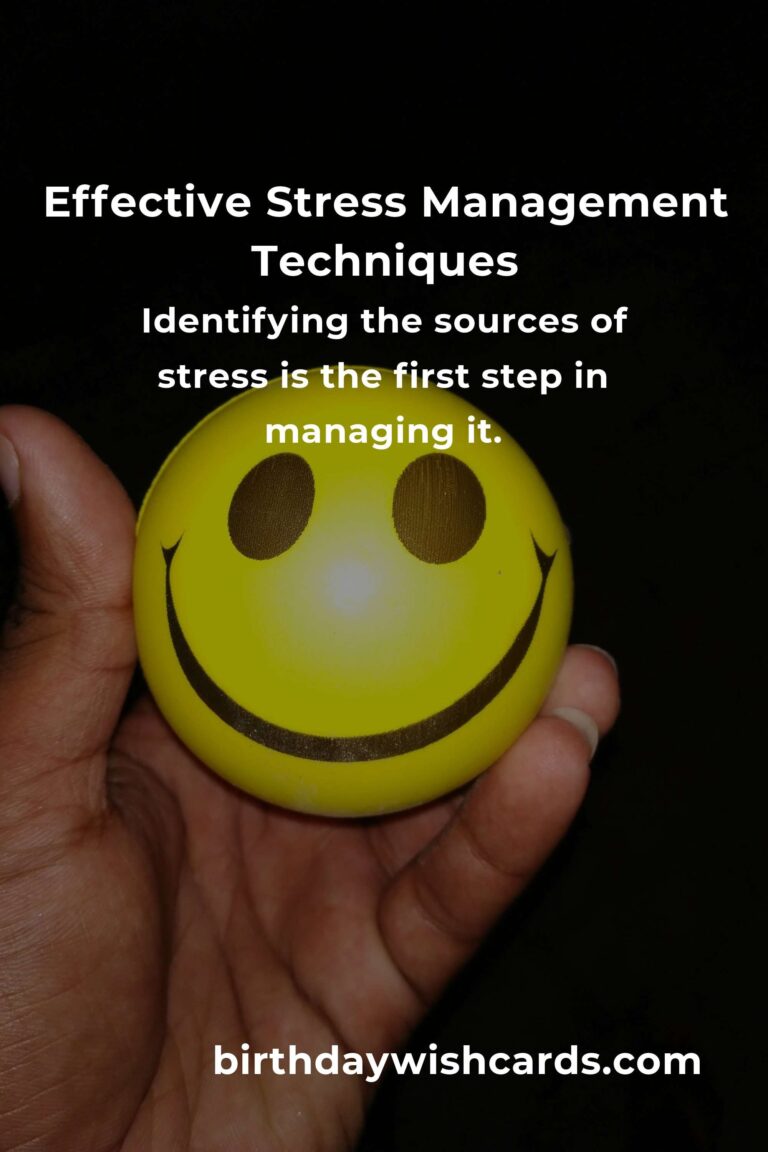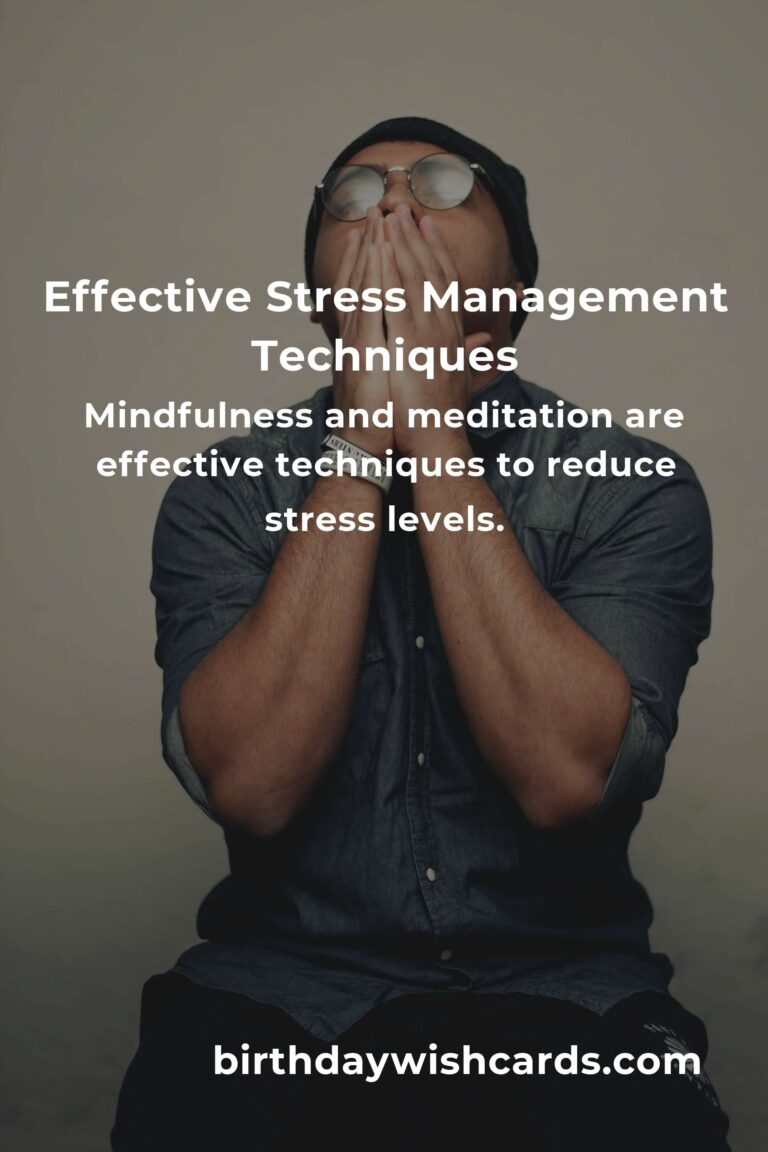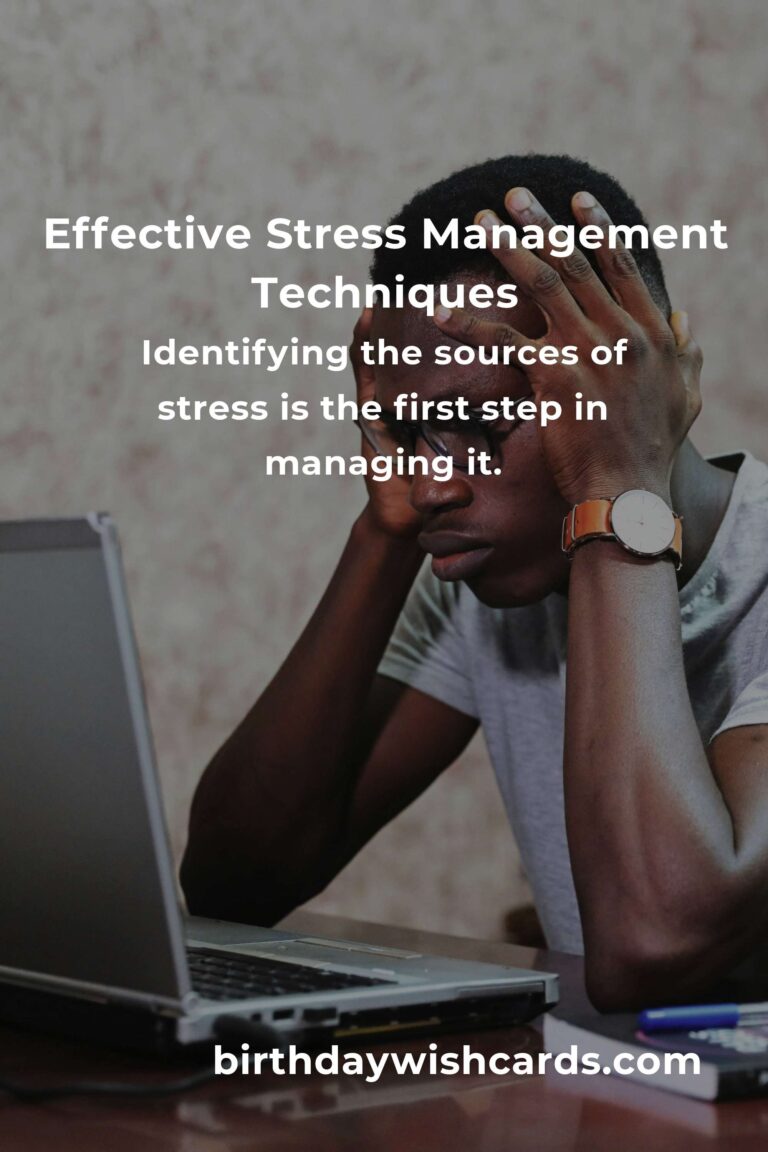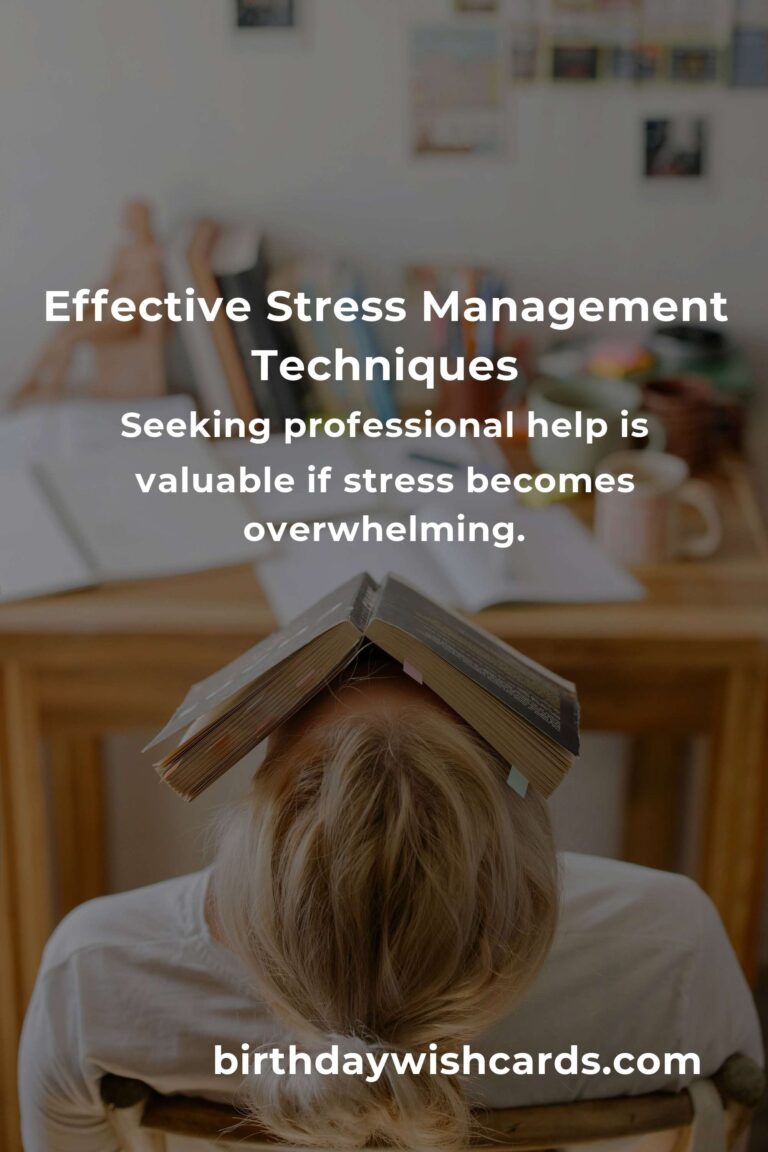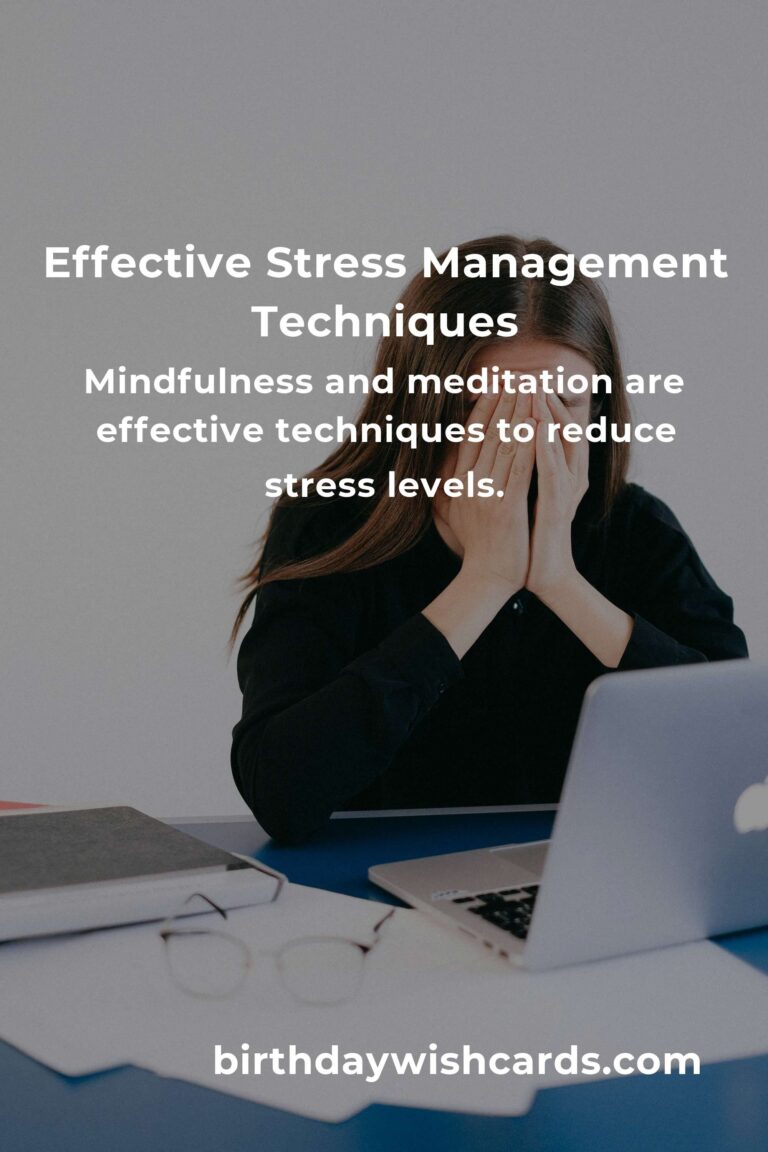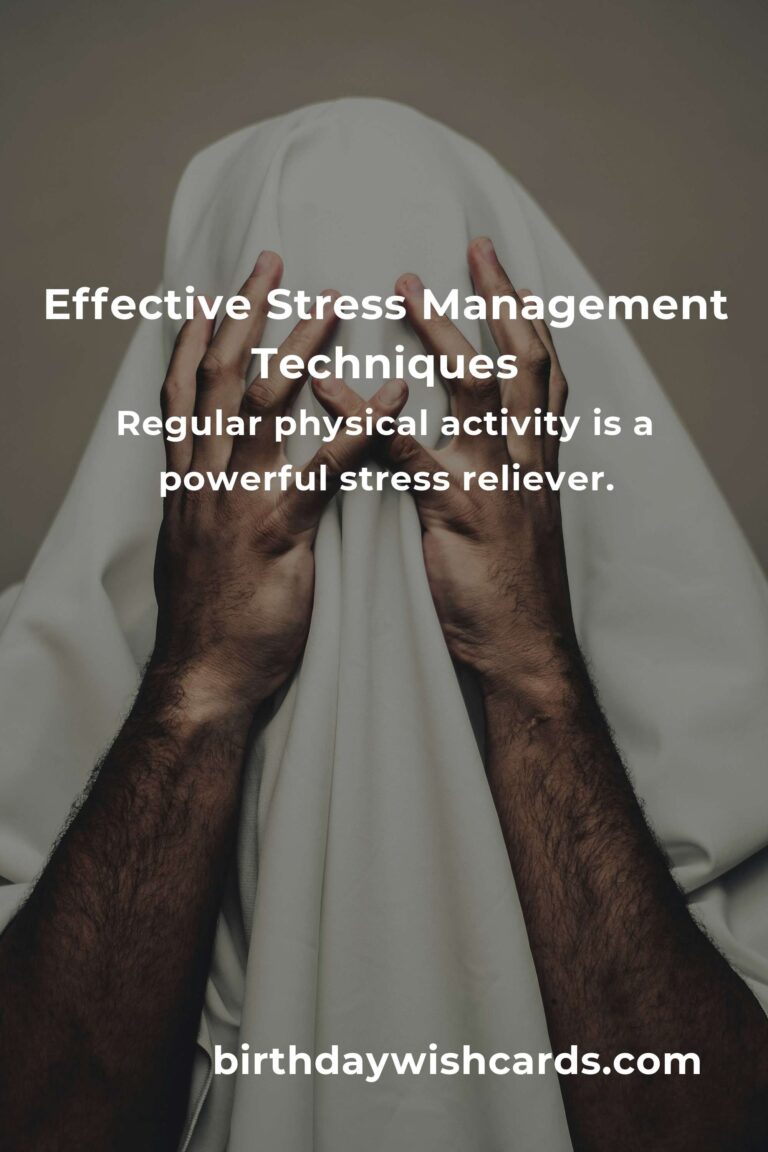
In today’s fast-paced world, stress has become a common companion for many individuals. Whether it’s due to work pressures, personal challenges, or global events, stress can take a significant toll on both physical and mental health. This comprehensive survival guide aims to provide you with practical strategies and insights to effectively manage stress and improve your overall well-being.
Understanding Stress and Its Impact
Stress is a natural response to perceived threats or challenges. It triggers the body’s fight-or-flight response, releasing hormones such as adrenaline and cortisol. While short-term stress can be beneficial by enhancing focus and performance, chronic stress can lead to numerous health issues, including anxiety, depression, cardiovascular diseases, and weakened immune function.
Identifying Stressors
The first step in managing stress is identifying its sources. Common stressors include work-related pressures, financial difficulties, relationship conflicts, and major life changes. By recognizing the specific triggers, you can develop targeted strategies to address them effectively.
Effective Stress Management Techniques
1. Mindfulness and Meditation
Practicing mindfulness and meditation can help calm the mind and reduce stress levels. These techniques involve focusing on the present moment and letting go of negative thoughts. Regular practice can enhance self-awareness and promote relaxation.
2. Physical Activity
Engaging in regular physical activity is a powerful stress reliever. Exercise releases endorphins, which are natural mood lifters. Whether it’s a brisk walk, yoga, or a gym workout, find an activity that you enjoy and make it a part of your routine.
3. Time Management
Effective time management can prevent stress by helping you prioritize tasks and avoid last-minute rushes. Create a realistic schedule, set achievable goals, and learn to say no to unnecessary commitments.
4. Healthy Lifestyle Choices
Maintaining a balanced diet, getting adequate sleep, and avoiding excessive caffeine and alcohol can significantly impact stress levels. A healthy lifestyle supports physical and mental resilience to stress.
5. Social Support
Connecting with friends and loved ones provides emotional support and helps alleviate stress. Sharing your concerns and seeking advice from trusted individuals can offer new perspectives and solutions.
Professional Help for Stress Management
If stress becomes overwhelming, seeking professional help is a valuable step. Therapists and counselors can provide coping strategies and support tailored to your needs. Cognitive-behavioral therapy (CBT) and stress management programs are effective interventions for managing chronic stress.
Long-Term Strategies for Stress Reduction
Developing long-term strategies for stress reduction involves cultivating resilience and adopting positive habits. Practices such as journaling, gratitude exercises, and pursuing hobbies can enhance life satisfaction and reduce stress over time.
Conclusion
Managing stress is an ongoing process that requires proactive efforts and self-awareness. By implementing the strategies outlined in this guide, you can navigate stress more effectively and lead a healthier, more balanced life. Remember, seeking support when needed and prioritizing self-care are key components of successful stress management.
Stress is a natural response to perceived threats or challenges. Identifying the sources of stress is the first step in managing it. Mindfulness and meditation are effective techniques to reduce stress levels. Regular physical activity is a powerful stress reliever. Seeking professional help is valuable if stress becomes overwhelming.
#StressManagement #Mindfulness #HealthyLiving #MentalHealth #Wellbeing



